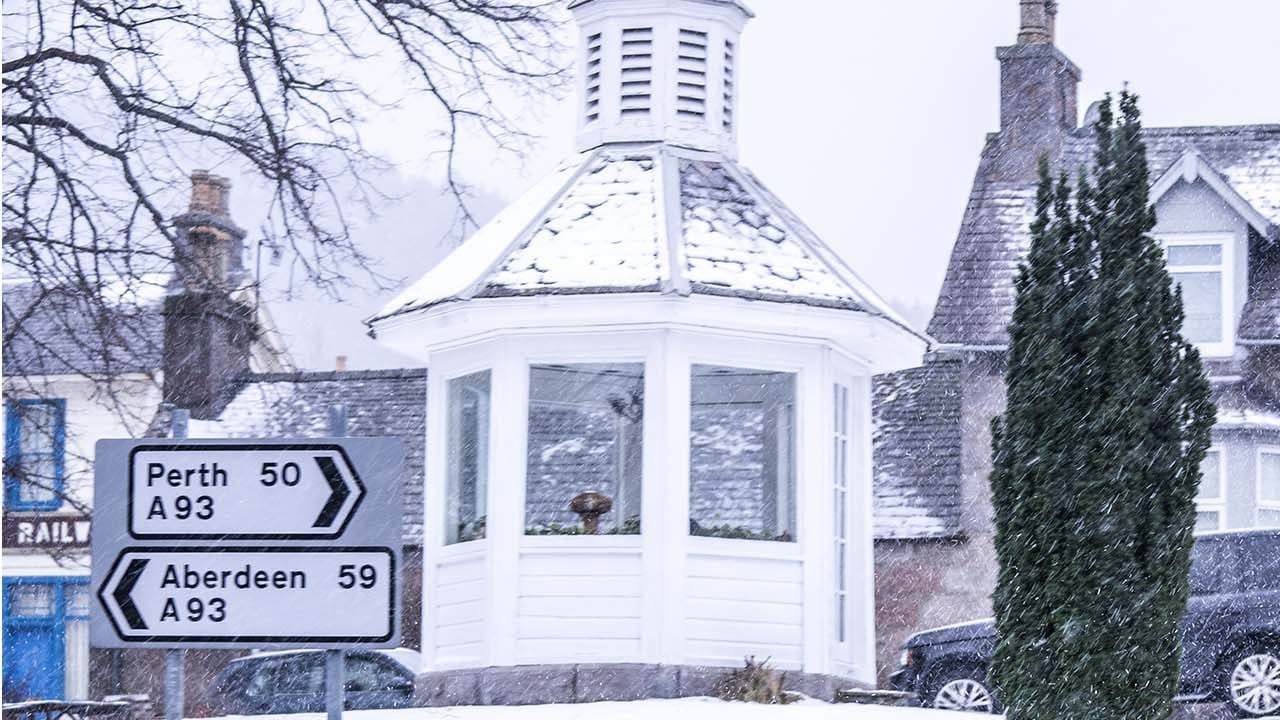
Can China’s commitment to opening up heal rift when Xi and Scholz meet?
- Germany’s chancellor will be the first Western leader to visit China since the policy was affirmed by the Communist Party’s congress
- The two leaders will discuss China’s relations with Germany and the EU, where there are economic and national security concerns
Beijing is preparing to welcome Scholz amid concerns over China’s economy and calls for “decoupling”.
Chinese foreign ministry spokesman Zhao Lijian said the two leaders would hold in-depth communications on China-Germany relations, China-EU relations, the international situation and global governance.
Zhao said the intention was “to further consolidate political mutual trust and deepen cooperation between China and Germany, which serves the interests of both sides”.
Pang Zhongying, an international politics professor with Sichuan University, said the meeting with Germany, followed by China’s possible participation in other key multilateral meetings such as the G20 summit in November, showed China was stepping up diplomatic engagement, with an aim to re-set ties with Western nations.
“This should be an opportunity, to show a new image after the 20th party congress. And it’s also a move to recover and improve tensions or regression in its relations,” he said.
Ding Chun, a European affairs expert at Fudan University, said the meeting had symbolic value for Germany’s economic relations with China, showing its firm support for globalisation amid US calls for decoupling.
“This shows Germany and its chancellor would like to continue cooperation with China. And to a certain extent, it shows Germany’s strategic autonomy,” he said.
Scholz is travelling with a business delegation that includes car manufacturer Volkswagen and vaccine giant BioNTech.
The trip has been clouded by growing concerns in the European Union over its economic dependence on China and national security issues related to Chinese investments in key European infrastructure.
At a meeting last month, EU leaders called for a tougher, united approach to reduce economic reliance on China, which has been classified by the European bloc as both an economic partner and “systemic rival” since 2019.
Faced with an energy crisis caused by the Russian war in Ukraine, the EU meeting agreed to be more cautious while continuing to do business with China.
More recently, there has been harsh criticism of Germany from its European partners after Berlin approved state-owned China Ocean Shipping Company (Cosco)’s shareholding in a terminal at Hamburg, the country’s busiest port.

Wang Yiwei, a Renmin University professor who specialises in Europe studies, said China would use the meetings with the German leader and business delegation to elaborate on the messages conveyed at the party congress – that it will stick to its opening-up policy and not seek to decouple from the global economy.
Wang said he expected Scholz to take a pragmatic approach, balancing the EU’s concerns and Germany’s interests.
“Germany is already decoupled from Russia on energy,” Wang said. At the same time, there would be a “significant impact” if it decouples from the Chinese market. “So it has to seize [the opportunity] in the Chinese economy now.”
Despite the positive gesture of the China-Germany meeting, and the opportunity to express their common interests and concerns, both Wang and Pang acknowledged it was unlikely to yield substantial results.
Europe’s concerns over its economic relationship with China are also unlikely to disappear after the Scholz visit.
Ties between Germany and China were also being tested over Taiwan and Xinjiang, with both issues likely to be on the agenda, experts said.
German lawmakers visited Taiwan twice in October, further angering Beijing, which has vowed to bring the self-ruled island under mainland control.
Berlin also scrapped an investment guarantee scheme for companies seeking to invest in Xinjiang, amid the EU’s proposed ban on Xinjiang products over human rights concerns.

 - Kawala Xie.jpg?itok=NogZcyZ-&v=1661304068)
